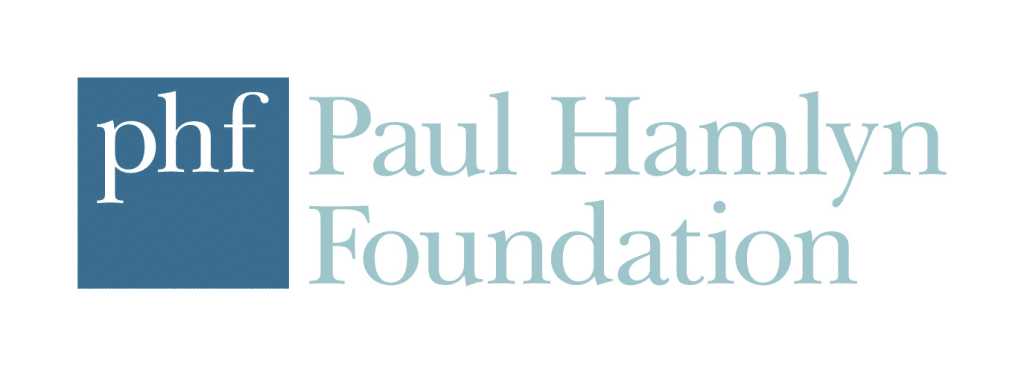Purpose of the Fund:
This Fund supports work that enables pupils in formal education settings, particularly those experiencing systemic inequality or disadvantage, to thrive through engagement with high quality, arts-based learning.
By arts-based learning, the Paul Hamlyn Foundation mean learning experiences which incorporate arts-based content, and/or use arts-based approaches to secure access to or enhance engagement with the curriculum. Formal education settings may include Early Years, Primary, Secondary, Alternative Provision and Further Education.
The coronavirus pandemic has highlighted the way in which systemic inequality and barriers to learning have a huge impact on the life chances of children and young people. The disruption to education during Covid-19 has led to significant learning loss which has disproportionately impacted those pupils already experiencing barriers to engaging in education. The disruption has also adversely affected children and young people’s mental health and wellbeing through loss of structure, social connection and safe space. We want to support work that tackles this challenge head-on.
As education settings support recovery and rebuild their learning communities we believe that arts-based teaching and learning can add value and play a role in helping them achieve their aspirations for pupils, particularly those experiencing systemic inequality and barriers to learning. Through the Covid-19 crisis, we have been made increasingly aware that inequality plays out in ways that connect and intersect across race, gender, sexuality, class, disability and other characteristics. The Paul Hamlyn Foundation recognises the importance of strong partnerships between education settings and the arts and cultural sectors and acknowledge the uncertain and complex environment that both sectors are working within. They want to support activity which helps in this context.
What they are looking for:
The Paul Hamlyn Foundation are particularly interested in applications with a focus on the following areas (not all applications need to include all of these aspects):
- support for pupils who experience systemic disadvantage to access and make progress in their learning
- creating more opportunities for high quality arts-based teaching and learning in educational settings, especially in those which have not had this work in the past
- exploring the role of arts-based learning in addressing issues of inclusion, especially racism, in education
- effective practice in digital and blended arts-based teaching and learning
- enabling arts-based learning to be embedded in curricula and practice for the long-term.
For more information, click here.
